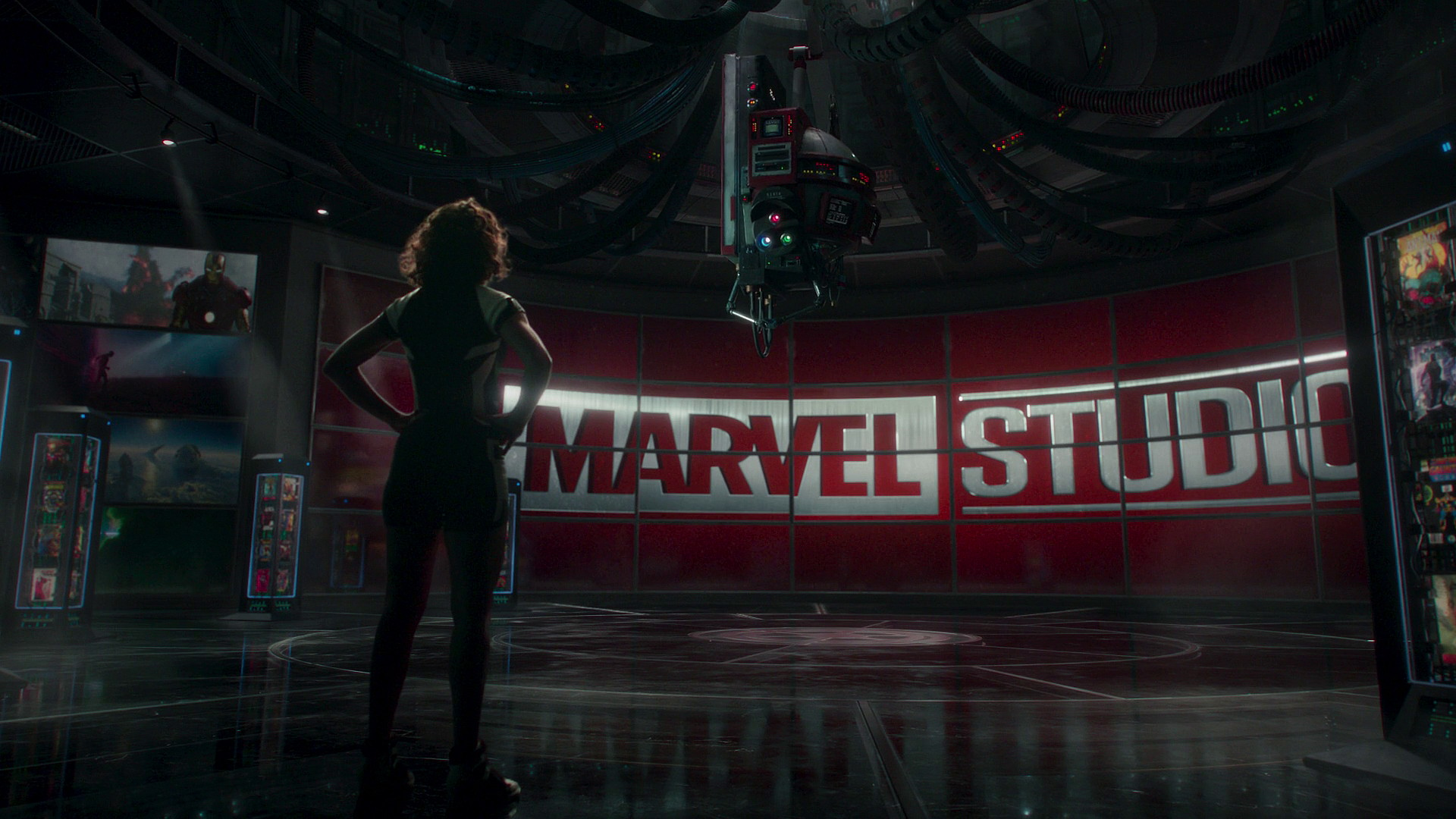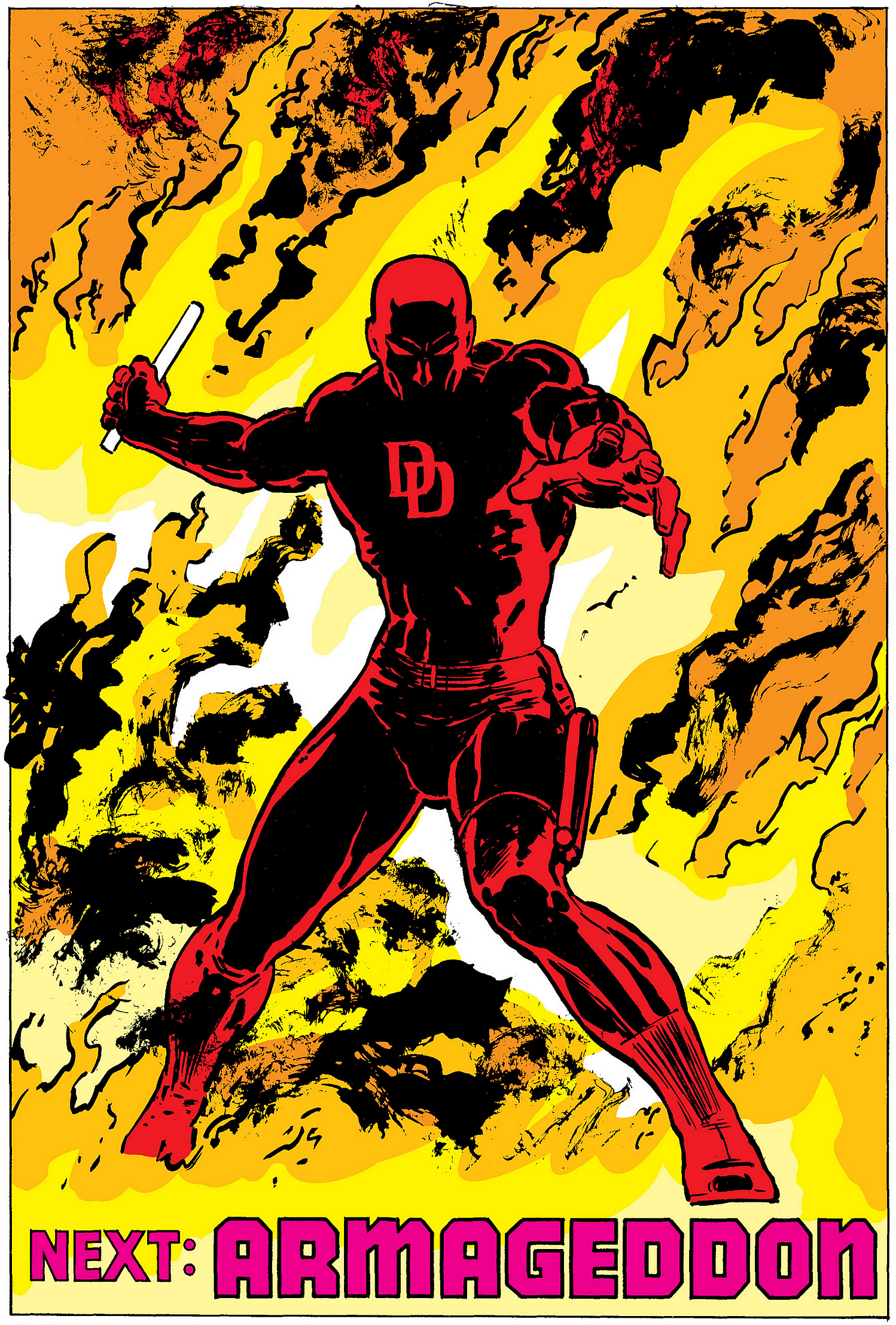Disney CEO Bob Iger Attempts To Blame ‘The Marvels’ Abysmal Quality On COVID, Lack Of Executive Oversight On-Set

He may be selling it, but it’s highly doubtful that anyone will buy it: According to Disney CEO Bob Iger, rather than the studio’s own talents and workflow, the actual culprits behind the impressively poor quality of The Marvels were the COVID-19 pandemic and a supposed lack of on-set oversight from executives.

The current executive head of the House of Mouse offered his take on Marvel’s latest disaster while speaking to attendees at the 2023 edition of the New York Times’ DealBook Summit, an annual speaking event wherein the outlet’s Andrew Ross Sorkin publicly interviews numerous high profile individuals from across the world’s industry (For example, this year’s guests include American Vice President Kamala Harris, Tesla CEO Elon Musk, and former U.S. House Speaker Kevin McCarthy).
Speaking to the topic of Disney’s recent string of box office misses, Iger began, per a live tweet of the event provided by The Verge, by admitting that not only does the company “need to get more realistic” about their internal performance expectations, but also that it was a “definite mistake” to approach the streaming era with a ‘flood the market’-esque production philosophy.

From there, the CEO turned to directly address The Marvels‘ box office implosion.
However, rather than blame the film’s flopping on either of the recent Hollywood guild strikes, its lack of marketing, or the allegedly ‘sexist’ attitudes of fans, Iger instead claimed that its poor performance was yet another casualty of Disney’s eye for content being bigger than their stomachs.
“The Marvels was shot during Covid,” argued Iger, “and there wasn’t enough supervision on set [from executives].”

Notably, this is not the first time responsibility for Marvel’s current quality spiral has been blamed on the executive teams at both Marvel Studios and Disney being stretched too thin.
Anonymously relaying their experiences to Variety’s Tatiana Siegel for her recent ‘Crisis at Marvel’ exposé, a number of Marvel insiders lamented that while the studio’s VFX quality has in fact gone off a cliff over their past few releases – with many pointing to She-Hulk: Attorney at Law as a particularly egregious example of this decline – these issues were sadly “a symptom of a deeper rot — namely a lack of oversight on script development.”

In backing up their claim, said sources recalled how, in She-Hulk‘s original outline, Jennifer’s origin was not shown on-screen until the series’ second-to-last episode.
However, after watching this initial cut, Marvel’s higher-ups – Feige included – realized that this delayed explanation as to how the series’ protagonist got her powers would confuse, rather than excite, its viewers.
As such, the series was sent back to its VFX team, who were then instructed to do what they could to salvage She-Hulk‘s narrative in post-production.

Per one of specific source who was involved with She-Hulk, “The so-called bad VFX we see was because of half-baked scripts. That is not Victoria. That is Kevin.”
“And even above Kevin,” they added. “Those issues should be addressed in pre-production. The timeline is not allowing the Marvel executives to sit with the material.”

Yet, contrary to Iger’s assertion, in reality it seems Marvel Studios’ problems have less to do with a lack of executive oversight but rather an overabundance of it.
Case in point, look at Daredevil: Born Again, which infamously was sent back to the drawing board this past October after studio higher-ups realized The Man Without Fear’s television return was shaping up to be less-than-heroic.
In doing so, the studio threw out the most of the work produced by the series’ original ‘braintrust’ – a team of producers whose ranks included Marvel boss Kevin Feige, Marvel Comics editor Sana Amanat, Disney’s Louis D’Esposito, Secret Invasion co-producer Chris Gary, and original series writers Matt Corman and Chris Ord – in favor of handing off its redevelopment to their newly tapped creative team of showrunner Dario Scardapane (Netflix’s The Punisher) and directorial duo Justin Benson and Aaron Moorhead (Synchronic).

All in all, it seems that rather than letting executives attempt to control the entire, lurching machine that is the MCU, it would serve Iger, Disney, and Marvel far better to continue shifting towards dedicated creative teams.
But then again, this is Marvel, and they’re not exactly known for taking the respectable – and obvious – way out of their own self-inflicted issues.

